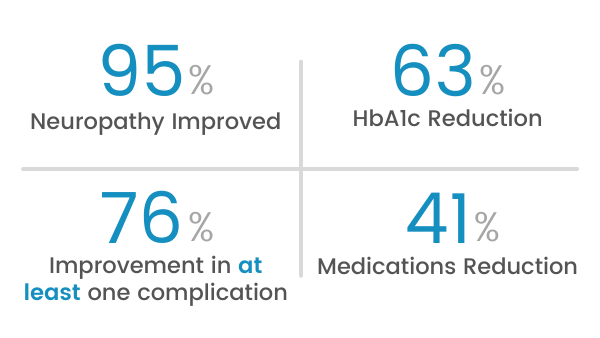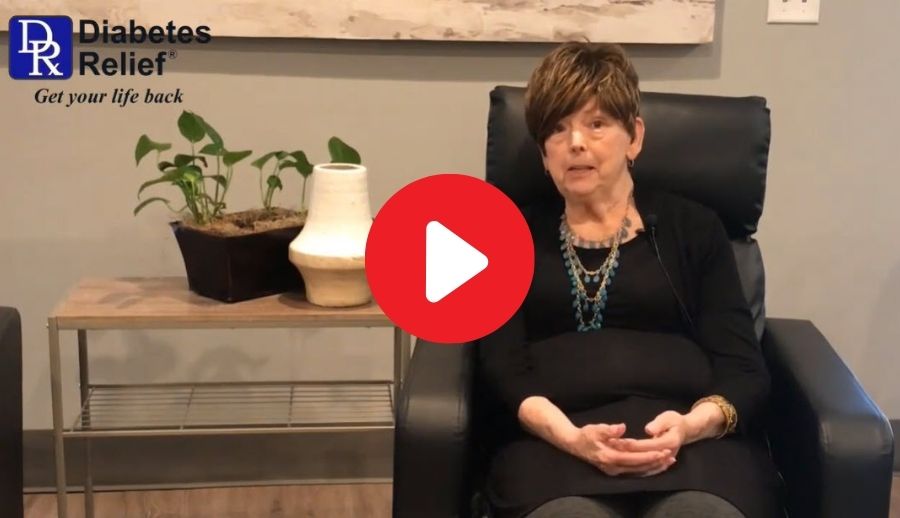If You Want to Heal Your Wound, You First Must Understand All the Obstacles Preventing Your Wounds from Healing
- Size and Depth of the Wound: Larger or deeper wounds can take longer to heal because they involve more tissue damage and require more resources for repair.
- Location of the Wound: Wounds in areas with less blood flow, such as extremities like hands and feet, might heal more slowly due to reduced nutrient and oxygen supply to the healing tissue.
- Underlying Health Conditions: Chronic health conditions such as diabetes, autoimmune disorders, and vascular diseases can impair the body’s ability to heal by affecting blood circulation, immune response, and cellular repair processes.
- Infection: Infection can delay the healing process significantly. If a wound becomes infected, the body’s resources might be diverted to fighting off the infection rather than focusing on healing the wound itself.
- Age: Elderly individuals might experience slower wound healing due to a decline in the body’s regenerative capabilities and reduced immune function.
- Nutrition: Proper nutrition is essential for wound healing. A deficiency in vitamins, minerals, and protein can hinder the body’s ability to repair tissue. In addition to nutrition, staying well-hydrated by drinking plenty of water supports overall healing processes.
- Blood Supply: Adequate blood flow is crucial for delivering nutrients and oxygen to the wound site. Poor blood circulation can lead to delayed healing.
- Medications: Certain medications, such as corticosteroids and immunosuppressants, can interfere with the body’s natural healing processes.
- Lifestyle Factors: Smoking, alcohol consumption, and a sedentary lifestyle can impair wound healing by affecting circulation and immune function.
- Type of Wound: Different types of wounds, such as chronic ulcers or pressure sores, might have unique challenges in terms of healing due to their specific causes and characteristics.
- Delayed Treatment: Wounds that are not promptly cleaned, treated, and cared for can develop complications that slow down the healing process.
- Scar Tissue Formation: In some cases, excessive scar tissue can form during the healing process, leading to stiffness, pain, and prolonged recovery.
- Psychological Factors: Mental and emotional stress can impact the body’s healing mechanisms. Chronic stress can potentially slow down the healing process. We know it’s hard but try and stay positive.
- Movement: Daily activities still need to get done, but excessive movement can agitate the wound, leading to inflammation that prevents healing.
Understanding the Complexity of Diabetic Wounds
15-20% of diabetic patients develop diabetic ulcers (wounds that just won’t heal). Of this population, 15-25% will endure amputations due to impaired blood circulation, nerve damage, compromised immune function, and uncontrolled swelling. Conventional wound care approaches, while valuable, often struggle to address the underlying issues that hinder proper healing because they primarily focus on healing from the outside in.
Wound Care Redefined: Healing from the Inside Out and Outside In
At Florida Diabetes & Endocrinology, we understand the challenges faced by individuals with diabetes, especially when it comes to managing wounds. Our treatment protocols combine traditional wound healing techniques (biologic patches and accompanying tissue-generating products) with our breakthrough Physiologic Insulin Resensitization (PIR) therapy, which redefines wound care from the inside out. In addition to these two approaches, we also utilize medical devices to help manage inflammation, fluid, and pain.
By combining PIR therapy with traditional wound care therapy and incorporating unique anti-inflammation therapeutic devices along with proper nutrition, we enable our patients to heal as quickly as possible and provide them the best chance of avoiding serious adverse health conditions from diabetic wounds.
Almost all diabetic wounds start off small. These small wounds often get overlooked until they develop into something much more serious. When this happens, people are in a panic to get help. Your best chance at success is to address any wounds as soon as possible, especially when you are diabetic.

Schull Institute – Insulin Infusion Therapy on Diabetic Complications (n=49) (2015)

Watch an
Educational Webinar
Are you experiencing low energy, foot problems, vision issues, or difficulty managing your blood sugar? For years, pharmaceutical companies and medical professionals have offered various treatments such as medications, diets, and exercises. At Florida Diabetes & Endocrinology, we focus on providing innovative therapies designed to support better health and well-being. Learn more about our approach in our educational webinar.



SCHEDULE A CONSULTATION NOW
THE FUTURE IS BRIGHT
With advanced technology and leading experts in diabetes treatment, we’re raising the standard of care.


